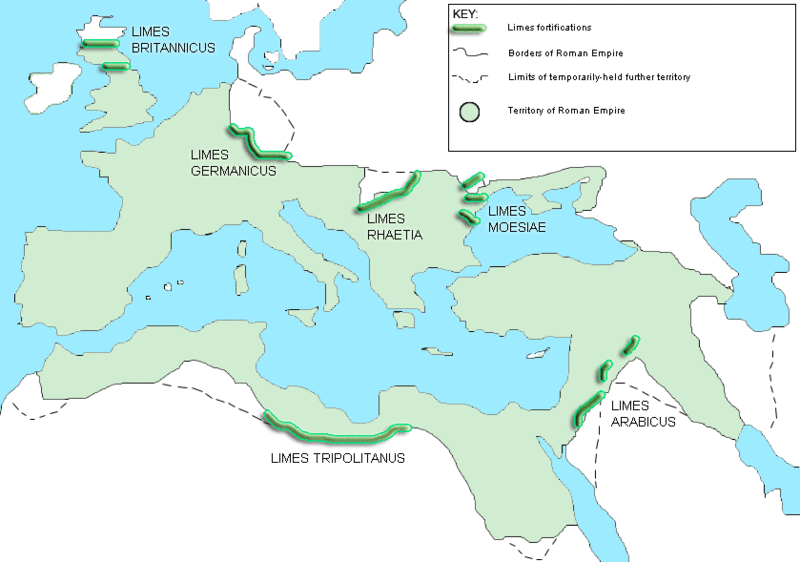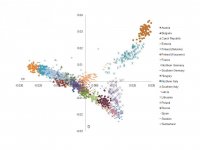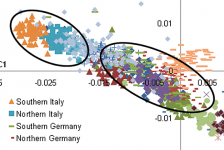One of the great mysteries of European history in my eyes is the complete reversal in character between the ancient Romans and medieval or modern Italians.
The Romans were very organised, disciplined, serious, rather stern and stoic, military-minded, cared little about family ties (they frequently adopted people unrelated to them or murdered their blood relatives), and were unusually ready to sacrifice themselves for the common good of their nation (as legionaries).
The Italians are just the opposite in all these respects. They are possibly the least organised Europeans, among the least disciplined. They are fun-loving hedonists. They have made terrible soldiers ever since the Middle Ages (Italians haven't won a single foreign battle in history, except in Libya and Ethiopia where their army far outnumbered the locals in number and fire power). Italians attach a lot of importance to family relations, and often place loyalty to family and friends above that of society or the whole nation. One of the main problems of modern Italy is tax fraud, because people don't feel enough solidarity with other Italians.
Many character traits are highly inheritable. Cats don't make dogs or vice versa. So how is it possible that modern Italians descend from ancient Romans ?
The character traits of modern Italians listed above are far more exacerbated in the southern half of Italy. This is all the more surprising since the ancient Latins originated in the coastal area between Rome and Naples. Since Rome was flooded with immigrants from all over the empire, chances are that the Roman genes survived better in Neapolitans. The region was heavily settled by rich Romans, who had holiday homes in what they called the
Campania Felix. Campania was even part of the same province as Rome, the
Regio I Latium et Campania. Some Roman emperors were more often in Capri than in Rome itself.
This made me wonder how much DNA from the ancient Latins, the patricians of the Roman Republic, survive in modern Italians. Ironically the temperament and values of the ancient Romans were closer to that of modern Swiss or Germans than to that of Italians. Yet it is hard to think of two European cultures more diametrically opposite as the Swiss/Germans and the Italians, especially if we look only at the Neapolitans or southern Italians.
EDIT:
In his book
The Moral Basis of a Backward Society, the American political scientist Edward Banfield employed the phrase '
amoral familism' to describe the inability of modern (mostly southern) Italian villagers to 'act together for the common good, or indeed for any good transcending the immediate material interest of the family'. Interestingly this complete lack of attachment to the state and lack of identification to the wider community is found nowadays in societies that I would qualify of '
short-ranged collectivist' (in which the collectivity is the family or village) of the Balkans and southern Italy, as opposed to the 'wide-range collectivism' (where the collectivity is the whole nation) of East Asia.







